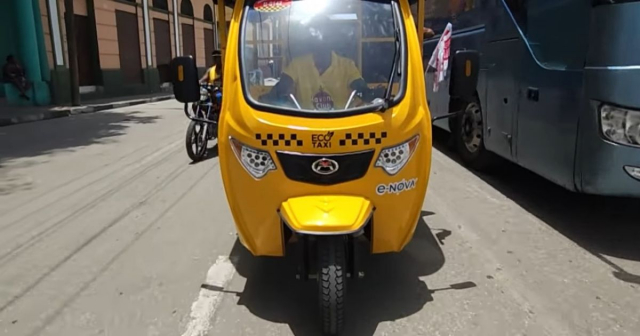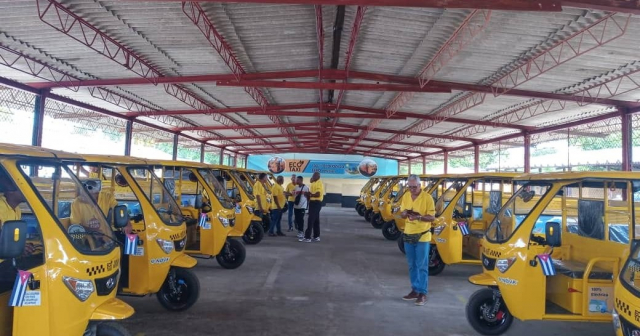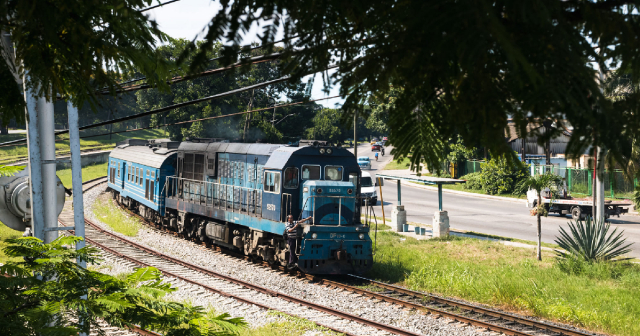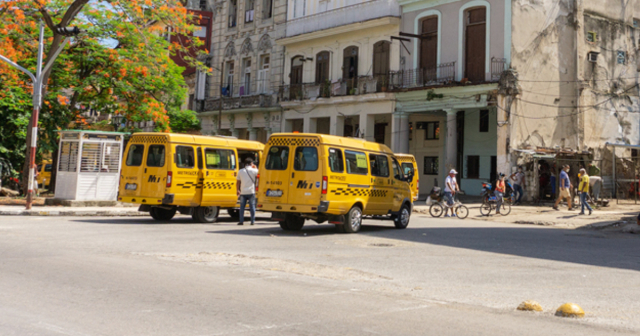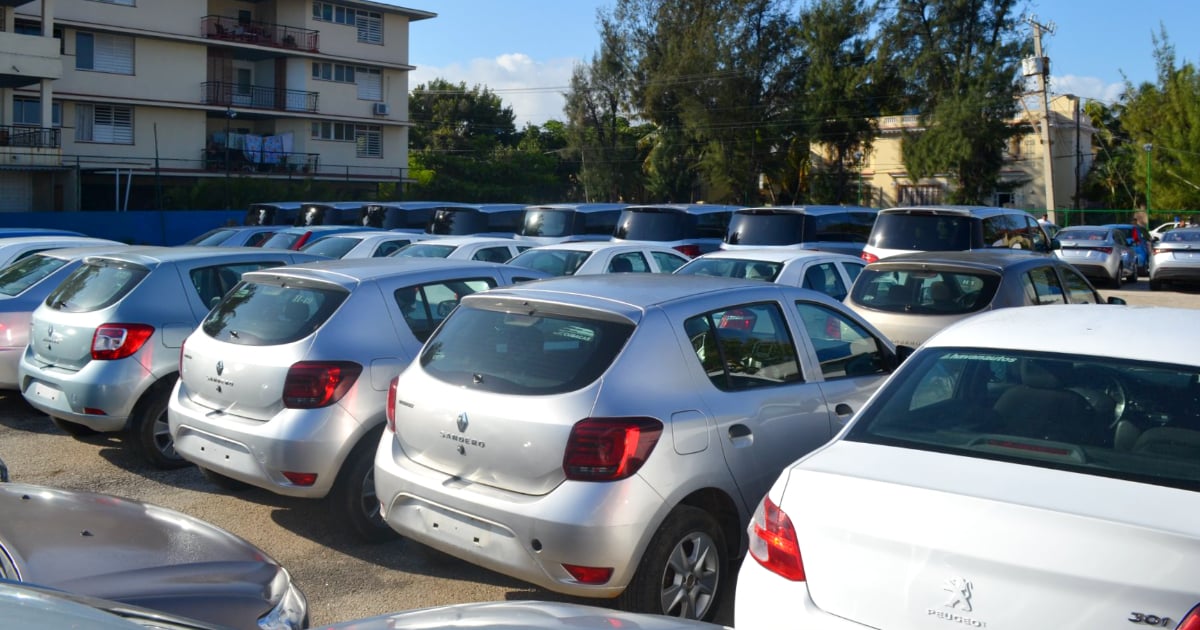
The Cuban government announced new measures related to the marketing of vehicles in the country this Monday, including a reduction in prices for the sale of cars to individuals.
This was announced by the Minister of Transport of Cuba, Eduardo Rodríguez Dávila, in a post on his social media, where he stated that the goal of the measures is to "facilitate greater access to new means of transportation for society as a whole, and to raise funds aimed at sustaining and developing public passenger transport and transportation infrastructure."
Following the approval in February 2023 of Decree 83/2023, “On the transmission of ownership of motor vehicles, trailers, and semi-trailers, their commercialization and importation,” the government of Miguel Díaz-Canel updates its policy on the commercialization of vehicles in Cuba, a matter that was kept under lock and key for decades during the rule of dictator Fidel Castro, of whom the current leader designated by his brother Raul Castro is considered a "continuity."
Although Decree 83/2023 authorized the wholesale sale in freely convertible currency (MLC) of motor vehicles, both new and second-hand, to all Cuban and foreign legal entities, the new measures include updates on this topic.
According to Rodríguez Dávila, “the import and commercialization of vehicles in convertible currency [approved by the ousted Minister of Planning and Economy Alejandro Gil Fernández] remains, adjusting the selling prices -so that they will not vary whether the buyer is a legal entity or an individual.”
For individuals, who previously paid more for the vehicles they purchased compared to legal entities (small and medium-sized enterprises, cooperatives, foreign firms, and state-owned companies, among others), the prices will be lower than current ones.
Tariffs, customs services, and taxes will be paid in convertible currency, as already established in previous provisions that allow the General Customs of the Republic of Cuba to collect between $20,000 and $56,000 for each car imported from the United States, as revealed by the independent media outlet Diario de Cuba.
"The amount corresponding to the taxes and duties collected as a result of this policy will be part of a fund managed by the Ministry of Transportation intended for the recovery and development of public transport and its infrastructure," said the minister.
Other news from the update of the measures are as follows:
- The transmission of property between natural and legal persons is authorized, except for foreign diplomatic entities that have a special regime. State legal entities require authorization from the Council of Ministers to transfer property to a non-state entity.
- They will be sold in national currency.The vehicles in good technical condition that remain available in the Cuban market, including those that conclude their use in tourism, according to different priorities in the context of the Economic Plan.Previously, this stock was sold in dollars and included defective vehicles.It seems there is no text provided for translation. Please provide the text you would like translated.
- The special tax on the sale of vehicles is adjusted and generalized, varying from 35% of the total sale value in convertible currency for high-end vehicles to not applying it at all for electric vehicles assembled in Cuba.
- The progressive tax in convertible currencies is adjusted and generalized based on the number of vehicles to be acquired by a natural or legal person, starting from the third vehicle purchased in the categories of motorcycle, car, and rural car. Through this means, a natural or legal person can acquire up to 6 vehicles in five years.
- The importation of vehicles is authorized only once for individuals who are on official missions abroad., according to the conditions that their relationship agencies will establish.
- The direct importation by individuals of cyclomotors and electric motorcycles remains under the current conditions.
- The direct importation of low-displacement internal combustion or hybrid mopeds and motorcycles, with or without sidecars, is authorized, either through passenger channels or by shipment.
- The direct importation of electric tricycles with a capacity of more than two seats or with a load capacity is allowed.
- The commercialization for replenishment in CUP of whole vehicles is authorized.that result in a technical drop in tourism revenue and can be recovered by interested buyersI'm sorry, but there is no text provided for translation. Please provide the text you'd like me to translate.
According to the Cuban government, "the updating of this policy will facilitate access for individuals with the capacity to do so to different alternatives to meet their mobility needs using their own resources."
"This update goes in the direction requested by many people in recent years and will help modernize vehicles in the country, achieve greater road safety, stimulate national production/assembly, and promote greater use of vehicles with clean energies," added Rodríguez Dávila.
Finally, the head of the department warned that the vehicle marketing policy contained more details, so “we will return with new publications in which we will provide more in-depth information on each aspect.”
What do you think?
COMMENTFiled under:

